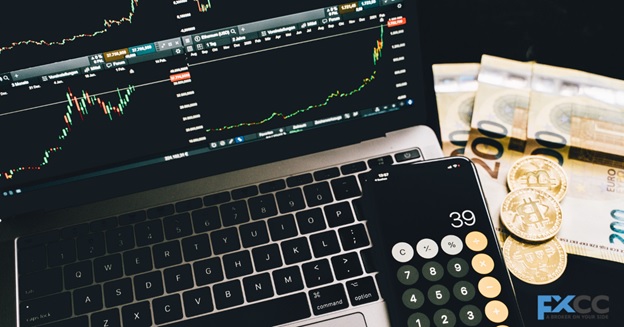In the realm of forex trading, making the right decisions can make all the difference. Among the critical choices traders face are whether to opt for limit orders or market orders. Each type of order has its own merits and drawbacks, and understanding their impact on slippage is essential for navigating the forex market effectively.
Understanding Limit Orders
Limit orders are directives given to brokers, instructing them to buy or sell a currency pair at a specified price or better. With a limit order, traders set a specific price at which they are willing to execute a trade. If the market reaches the specified price, the order is filled at that price or a better one. However, if the market fails to reach the specified price, the order remains unfilled.

Pros of Limit Orders:
Price Control: Traders have control over the price at which they enter or exit a trade, providing them with a sense of security and predictability.
Protection Against Adverse Movements: Limit orders shield traders from unfavorable price movements by ensuring execution at a predetermined price level.
Reduced Slippage: By stipulating a price, traders can mitigate slippage, which occurs when the executed price deviates from the expected price.
Cons of Limit Orders:
Potential Non-Execution: Should the market fall short of reaching the designated price, the order might remain unfilled, potentially depriving traders of lucrative trading prospects.
Delayed Execution: Limit orders may not be executed immediately, particularly if the market fails to reach the specified price, resulting in missed trading opportunities.
Exploring Market Orders
Market orders are directives given to brokers to buy or sell a currency pair at the best available price in the market. Unlike limit orders, market orders are executed immediately at the prevailing market price, irrespective of whether it aligns with the trader’s desired price.
Pros of Market Orders:
Immediate Execution: Market orders are executed promptly, ensuring traders enter or exit a trade at the current market price without delay.
Guaranteed Execution: Market orders are filled as long as there is liquidity in the market, minimizing the risk of non-execution even in volatile market conditions.
Suitability for Fast-Moving Markets: Market orders are well-suited for rapidly changing market conditions where prices fluctuate swiftly.
Cons of Market Orders:
Potential Slippage: Market orders may experience slippage, especially during volatile market conditions, as the executed price may differ from the expected price.
Lack of Price Control: Traders have limited control over the execution price with market orders, which could result in unfavorable prices.
Impact on Slippage
Slippage denotes the difference between the anticipated price of a trade and the actual price at which it gets executed. While both limit orders and market orders can encounter slippage, the extent varies depending on the order type.
Limit Orders: Limit orders can help minimize slippage by specifying the desired execution price. However, there is a risk of non-execution if the market fails to reach the specified price.
Market Orders: Market orders are executed instantly at the prevailing market price, which may lead to slippage, especially during periods of high volatility or low liquidity.

Conclusion
In conclusion, both limit orders and market orders serve important functions in forex trading, each with its own set of advantages and disadvantages. Traders must carefully weigh their trading objectives, risk tolerance, and market conditions when choosing between the two order types. While limit orders offer control over execution prices and protection against adverse movements, market orders provide immediate execution but may result in slippage. By understanding how each order type impacts slippage, traders can make more informed decisions and effectively manage risk in the dynamic forex market.


